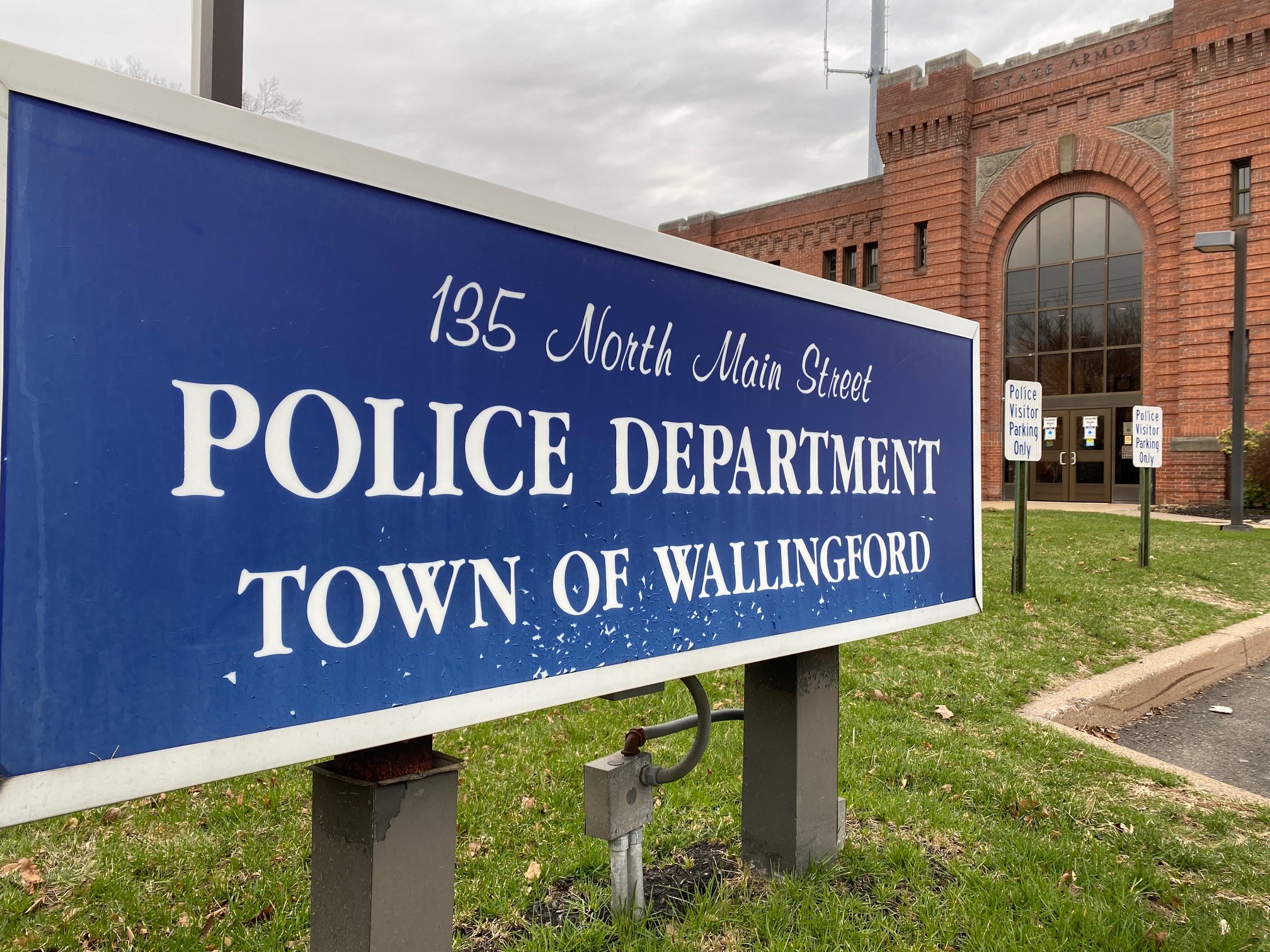Yale University officials said they're "deeply troubled" about complaints of racial tensions at the prestigious Ivy League institution, prompting the dean's office to investigate concerns over a fiery exchange about "culturally offensive" Halloween costumes and allegations that a fraternity recently held a "white girls only" party.
Yale University President Peter Salovey, Yale College Dean Jonathan Holloway and other school officials held a four-hour discussion on Thursday with a group of about 50 students, mostly of color, in response to the concerns. In a statement issued after the meeting, Holloway wrote his office is taking the allegations seriously.
"Yale belongs to all of you, and you all deserve the right to enjoy the good of this place, without worry, without threats, and without intimidation," he wrote, in part.
Salovey issued a similar statement following Thursday night's meeting.
"We heard deeply personal accounts from a number of students who are in great distress. The experiences they shared went beyond the incidents of the last few days. Their concerns and cries for help made clear that some students find life on our campus profoundly difficult. I have heard and I acknowledge the pain these students expressed," Salovey's statement said, in part.
At issue is a debate over Halloween costumes — such as "blackface and turbans" — that could be considered culturally insensitive, according to The Yale Daily News. The university's Intercultural Affairs Council sent an email to students before Halloween asking them to be cognizant of the "cultural implications" of their costumes, prompting a lecturer to fire back and defend "students' rights to wear potentially offensive costumes as an expression of free speech," the Daily News reports.
Hundreds of students signed an open letter in response, calling Associate Master Erika Christakis' comments "jarring and disheartening."
Local
"Your email equates old traditions of using harmful stereotypes and tropes to further degrade marginalized people, to preschoolers playing make believe. This both trivializes the harm done by these tropes and infantilizes the student body to which the request was made. You fail to distinguish the difference between cosplaying fictional characters and misrepresenting actual groups of people," students wrote in the open letter to Christakis.
Holloway backed the students, writing in a statement Nov. 6, "I am fully in support of the e-mail message that went out from the IAC to the Yale community. I understand that some, maybe many of you, found the tone off-putting or even pedantic, but the intention of the message was exactly right: we need always to be dedicated to fashioning a community that is mindful of the many traditions that make us who we are."
The university also made headlines last week when the Yale chapter of the Sigma Alpha Epsilon fraternity was accused of throwing a "white girls only" party and denying classmates entry based on their race. The fraternity has denied the allegations and called them "deeply disheartening."
"Entry into our home was by no means determined by race. Our party was diverse in attendance, with attendees of all races, genders and sexual orientations, as is every social event we host," chapter president Grant Mueller said in a statement. "Admission into the house is determined solely by safety considerations, friendship with brothers, and possession of valid Yale identification."
The Sigma Alpha Epsilon headquarters said a preliminary investigation indicates police visited the house after receiving a noise complaint and the men were complying with police by turning away additional guests.
Holloway said the school continues to investigate.
Many Yale students said they hope the recent discussion with university officials is just the start of the conversation.
"I’m Muslim and a lot of these issues have affected my time here over the course of the four years a lot. So, I’m feeling it a lot," said Mary Turfah, a Yale senior. "If this becomes something, that would be fantastic. I hope that people’s tears were not for absolutely nothing."
Students who received the emails from the administration about the concerns of the past week called the outreach a good first step.
"It seems like no matter where you go and who you talk to, it’s the topic of conversation," said Oliver Orr, a freshman at Yale. "It’s really great they’re at least, in theory, talking about how much they want to help improve you know race relations, tensions, things like that. But, in terms of actual practical solutions, it feels like to a certain extent they’re still beating around the bush a little bit."



